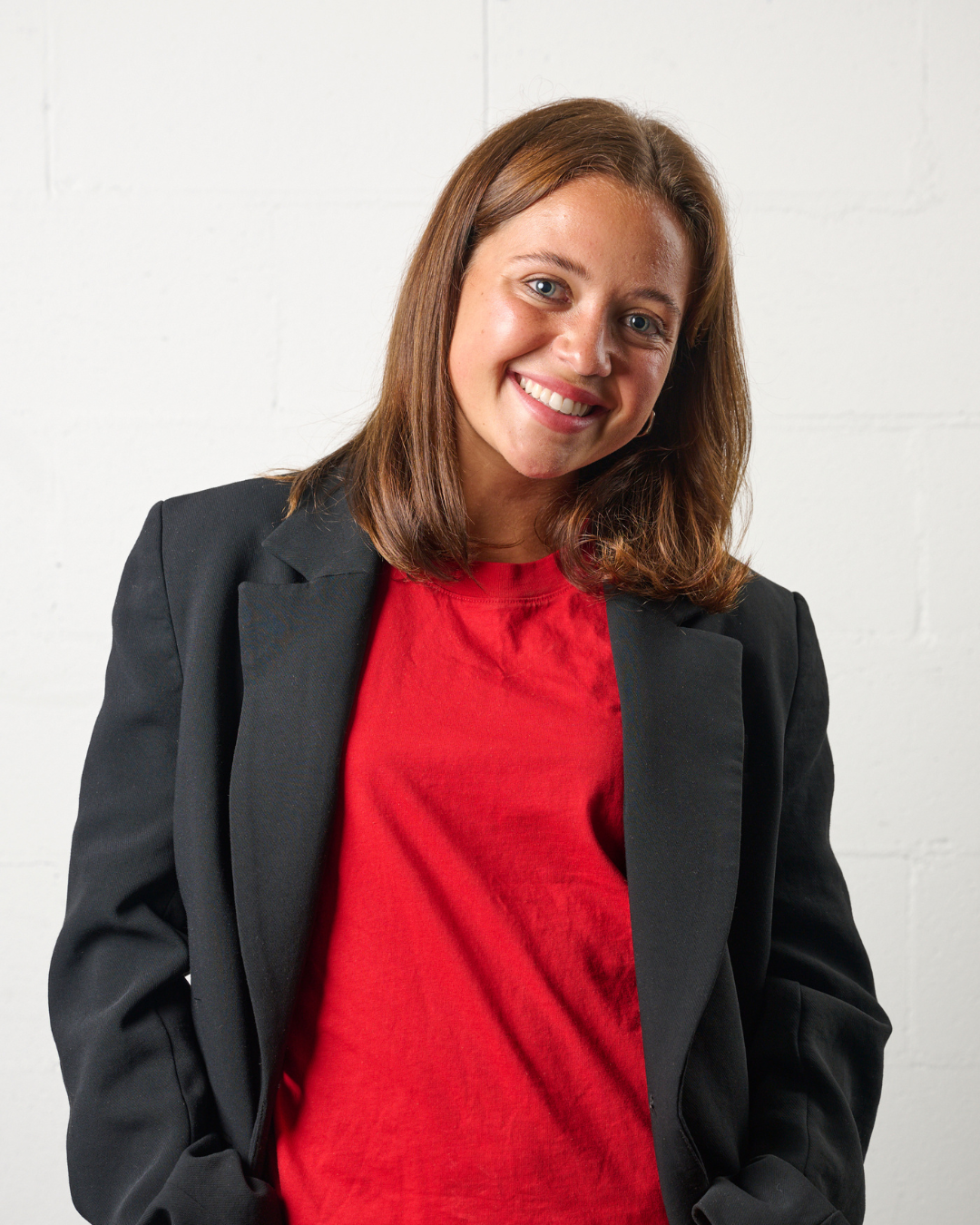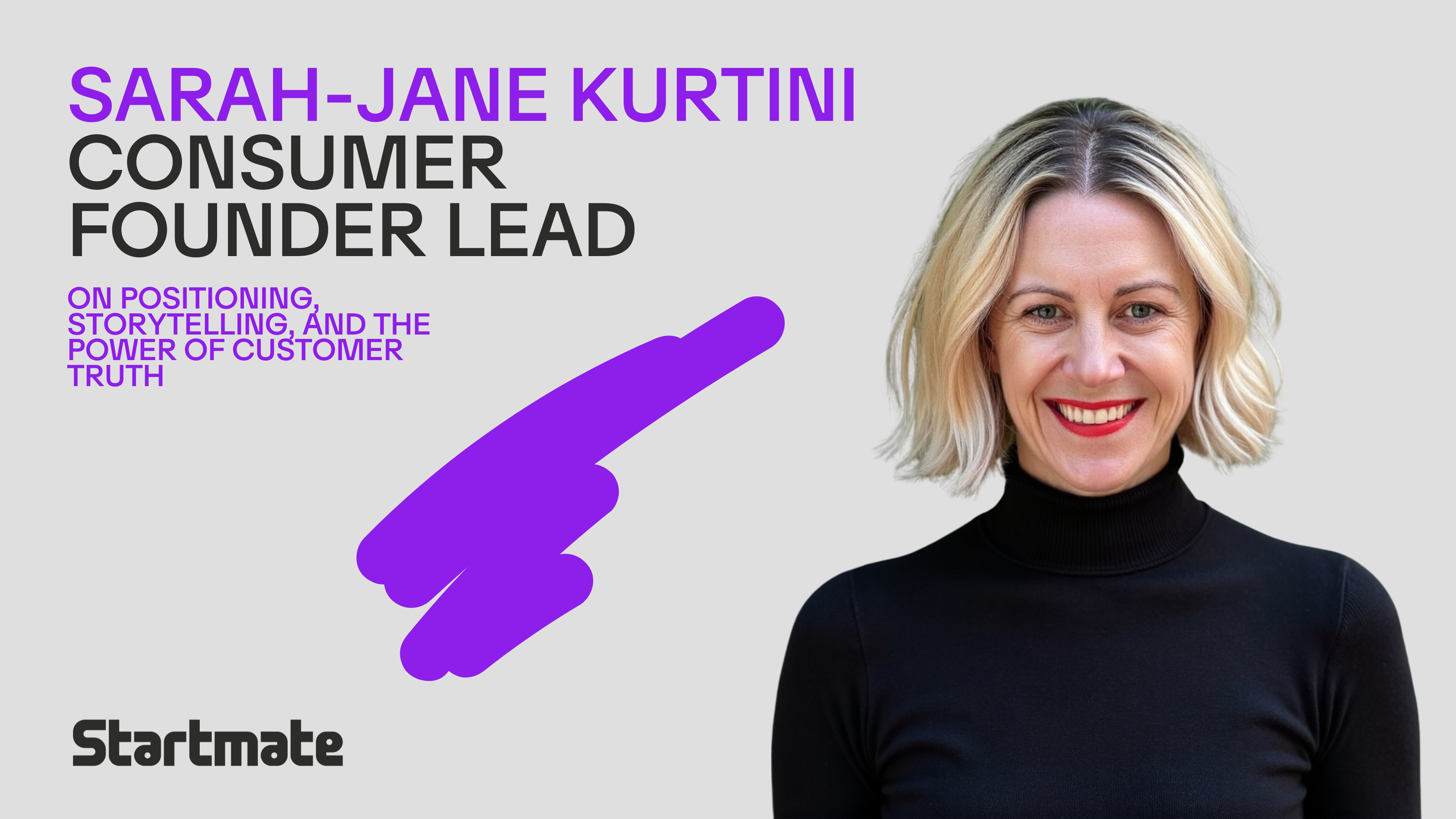Grace Toombs’ journey into entrepreneurship didn’t start with a business plan. It started in a movie cinema at age 14, when she got her first period. “It was the perfect metaphor for what my life would become, unexpected,” she says.
What followed was years of GP visits, misdiagnoses, and medical gaslighting. Heavy bleeding, relentless pain, and a constant sense of being dismissed. It wasn’t until med school that Grace found the vocabulary for her experience, and not until 2021 that she got the answers she needed.
A gynecologist at St Vincent’s Hospital spotted endometriosis and booked her in for surgery. During that same procedure, a routine pap smear revealed high-grade abnormalities on her cervix, precancerous cells at just 21 years old, years before the recommended screening age.
“That moment changed everything,” Grace recalls. “I was a Medical Student, had high health literacy, I lived in a major city, and I only got screened because I was in surgery. What happens to women who don’t have that access?”
That question became the seed of June.
Building an ode to womanhood
Grace left med school and plunged into women’s health research, working on the Australian Longitudinal Study for Women’s Health - the longest running study of its kind in the country. The deeper she went, the clearer the problem became: women weren’t getting screened, and the consequences were dire. Cervical cancer rates remained stubbornly high, STI detection was lagging, and systemic barriers made preventative care out of reach for many.
Sitting in her bedroom in Potts Point, she made a decision: “I’m going to do something about this. We’re going to close the gap.”
Today, June is Australia’s first at-home STI and cervical screening platform for women and people with a cervix. Grace describes it as “an ode to my womanhood,” a deeply personal mission built from her own story. Even more full-circle: the gynecologist who diagnosed her endo is now June’s Chief Medical Officer.
A healthcare experience that feels like self-care
From the start, Grace knew June had to feel different. “When you walk into a clinic, it’s sterile and intimidating. The empowerment piece isn’t there. I wanted June to feel beautiful, like self-care, not shame.”
Here’s how it works: a customer completes a short pre-consultation online. A doctor follows up with a call, and within days, a discreetly packaged kit arrives at their door. Samples are sent back in a prepaid satchel, and results are delivered by SMS within five to ten days. If someone tests positive, medication is shipped straight to their door.
It’s faster than most GP visits, but more importantly, it’s designed with dignity. One customer put it simply: “I’ve never felt so seen and heard by a doctor before.” Another, who lives with autism, told Grace that June made care accessible in a way GP visits never had.
Milestones that matter
June has already reached customers in every Australian state and territory, including women in remote regions who previously had little or no access to screening. That milestone, Grace says, felt far bigger than the line of text it takes to describe it.
“These stories are why I do this,” she says. “Yes, the numbers matter, but in healthcare, what matters most is how the human feels and the impact you’re making.”
What’s next: tackling endometriosis and beyond
The next six months are shaping up to be even bigger. Grace and her team are working on Australia’s first subscription-based endometriosis pain clinic, offering wraparound support, dietitians, psychology, naturopathy, and continuity of care for women who can’t afford or access a gynecologist.
And the five-year vision?
“When a woman closes her eyes and thinks about going to the doctor, I want her to think of June.”
Lessons from the leap
Grace doesn’t shy away from admitting that leaving med school was one of the biggest heartbreaks of her life. But it also taught her to trust herself and embrace her unconventional thinking.
“I was always told A plus B equals C, and my brain was like, what about E and F? Building June has shown me that you can create ripples of change in unconventional ways.”
The Accelerator has only amplified that. She started with imposter syndrome and perfectionism, she says, but nine weeks later she’s “running the ball up to the try line” with a community of supporters behind her.
Her ask today is simple: check out heyjune.com.au, and if you’re someone living with endo or PCOS, reach out and share your story. “Those conversations shape everything we build.”
Grace’s mission is personal, radical, and necessary. She’s not just building a startup. She’s rewriting the healthcare experience for women, one kit and one story at a time.






%204.webp)
.png)
